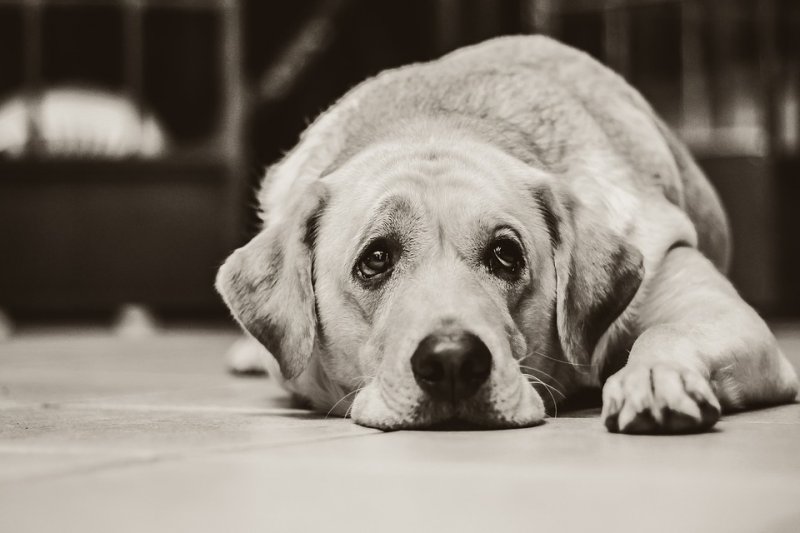How to Tell if a Dog is Suffering from Poor Nutrition
Poor nutrition is often a problem among neglected dogs, but some of the most loved pets can also suffer from the malady. The thing is, poor nutrition can also be a result of overfeeding or inadequate diets, and not just a lack of food. Most of the time, dog owners are not even aware that they are doing something wrong and continue to ignore the signs of inadequate diet, until it’s too late. To avoid such tragedies from happening in the first place, take a look at the following symptoms of underlying canine nutritional problems.

Skin and Coat Problems
When a dog’s diet is deficient in the necessary fats, the following dermatological problems may begin to show:
- Lackluster coat
- Dandruff
- Dermatitis
Try feeding your pet a healthy dog food which is rich in 10%-15% fat from natural sources like flaxseed oil, primrose oil, vegetable oil, safflower oil and fish oil among others.
Dental Problems
Brushing your dog’s teeth is no easy task and a lot of dog owners neglect it due to the hassle. This in itself is a bad habit that pet owners should not harbor, but that is made even worse by feeding dogs excessive wet meals. Wet food makes plaque problems worse, which may lead to foul breath and a whole list of teeth and gum issues. Dry foods for dogs are often designed to clean plaque off the dog’s teeth and gums, so make sure that your dog’s diet has a good deal of dry food in it as well.
Poop Problems
This one is a bit tricky as bad stools or excessive defecation can also be the indication of a lot of issues that have little to do with the nature of the diet. Nevertheless, stool problems generally indicate that your dog food is either poor quality (too many carbs probably) or just isn’t suited to your dog at all. Frequent bouts of alternative diarrhea and constipation means that you need to take your dog to a vet and stop the current diet immediately.
Hindered Growth
Protein, fat and calcium are three things that puppies need a lot of to grow strong and to their full potential. If your puppy doesn’t seem to be as big as it should be (depending on the particular breed of course), their diet is probably lacking in the essential nutrients. Different breeds have different requirements in terms of quantity and sometimes, even the ingredients. A puppy’s diet will not be the same as the diet of an adult dog, so it’s important to talk to your vet and figure out how much of what you need to feed the dog.
Weak Immune System
If your dog suffers from frequent colds or displays signs of a weak immune system by catching immunodeficiency diseases often, the diet he is on needs to change. Allergies are not uncommon in dogs, but it has been found that dogs with weak immune systems and a poor diet suffer the most from them.
These five are some of the most prominent signs, and if you can relate even one of these with your dog, it’s time take him for to the vet. A veterinarian can measure and take a look at your pet’s Body Condition Score or BCS to know for sure if he is indeed suffering the effects of poor nutrition.


